
The Crucial Role of Fuel Filtration in Modern Industries
In an era defined by precision engineering and stringent environmental regulations, the purity of fuel is paramount across a myriad of industrial applications. Contaminants like dirt, rust, water, and microbial growth can severely compromise engine performance, accelerate wear and tear, and lead to costly downtime. This necessitates the adoption of robust and efficient fuel filtration solutions. Industry trends indicate a growing demand for advanced filtration technologies that not only meet current standards but also anticipate future challenges, particularly in sectors where fuel quality directly impacts operational efficiency and safety protocols. Modern fuel systems, with their tighter tolerances and higher operating pressures, are especially vulnerable to even microscopic impurities, underscoring the indispensable role of superior filtration systems.
The evolution of fuel filtration has shifted from basic straining to sophisticated multi-stage systems capable of removing sub-micron particles. This technological progression is driven by the need to protect sensitive fuel injectors, high-pressure pumps, and catalytic converters, components integral to achieving optimal fuel combustion and emission control. As such, the selection of an appropriate gasoline filter funnel becomes a critical decision for engineers and procurement specialists seeking to enhance system longevity and operational reliability.
Unveiling the Gasoline Filter Funnel: Design and Functionality
A primary gasoline filter, often integrated within a funnel or designed for inline installation, serves as the first line of defense against particulate contamination in fuel lines. This critical component is engineered to capture solid impurities and, in some advanced designs, separate water from gasoline, preventing these harmful elements from reaching sensitive engine components. The efficacy of a fuel filter is primarily determined by its filtration media, which can range from pleated paper elements to advanced synthetic materials or stainless steel mesh, each offering distinct advantages in terms of micron rating and flow characteristics. Understanding the specific design of a fuel filter is crucial for optimizing its performance and ensuring it meets the rigorous demands of various operating environments.
Our Gasoline Filter, designed as a comprehensive fuel purification solution, embodies precision engineering to protect delicate fuel systems. Its robust construction ensures durability, while its high-efficiency filtration media, including options like advanced synthetic fibers or fine stainless steel mesh, effectively traps particulates as small as 5-10 microns, significantly extending the life of pumps and injectors. The integration of this filter as a gasoline filter screen or within a gasoline strainer design streamlines maintenance processes and enhances fuel delivery reliability, making it an indispensable asset for a wide range of applications from industrial machinery to specialized power generation units. This meticulous attention to detail in design directly translates to superior performance and reduced operational costs for our clients.
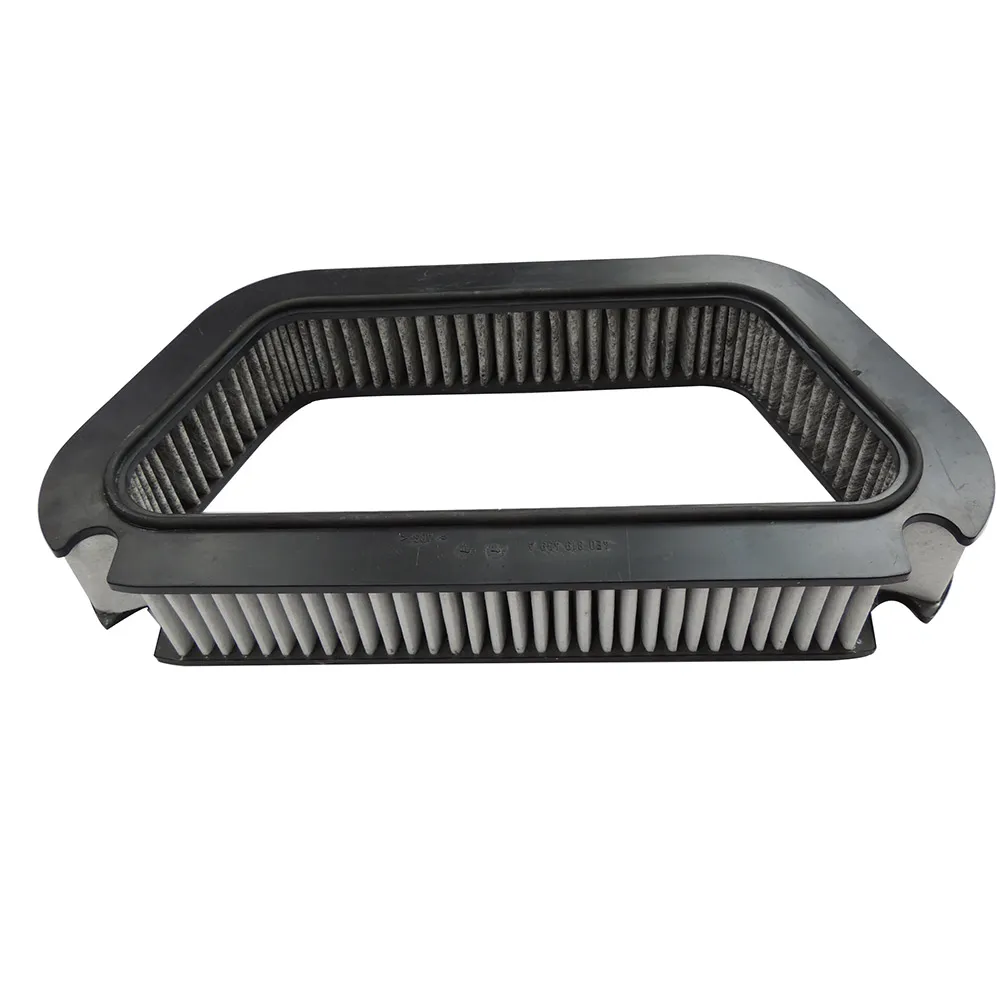
Manufacturing Precision: The Gasoline Filter Production Process
The manufacturing of a high-quality gasoline filter funnel is a multi-stage process demanding meticulous control over material selection and fabrication techniques. It typically begins with the selection of premium-grade materials, such as durable engineering plastics for the funnel body and specialized filtration media like cellulose, synthetic polymer blends, or corrosion-resistant stainless steel for the filter element. The funnel component often utilizes injection molding for consistent shape and structural integrity. For the filter housing, processes like precision stamping or CNC machining of aluminum alloys or treated steel are employed to ensure exact tolerances and robust performance under varying pressures.
The filtration media itself undergoes rigorous pleating or layering processes to maximize surface area while maintaining optimal flow characteristics. Assembly involves ultrasonic welding or thermal bonding to ensure leak-proof seals, critical for preventing bypass filtration. Quality control is paramount, with each unit subjected to a series of stringent detection standards including ISO 16889 for filtration performance, ANSI/NFPA standards for material compatibility, and pressure decay tests to verify seal integrity. Furthermore, burst pressure tests ensure the filter can withstand extreme operational conditions, confirming a reliable service life often exceeding industry benchmarks. These processes ensure that the final gasoline filter screen offers superior protection against contaminants, even in challenging environments such as those found in petrochemical and metallurgy sectors, significantly contributing to energy efficiency and corrosion prevention.
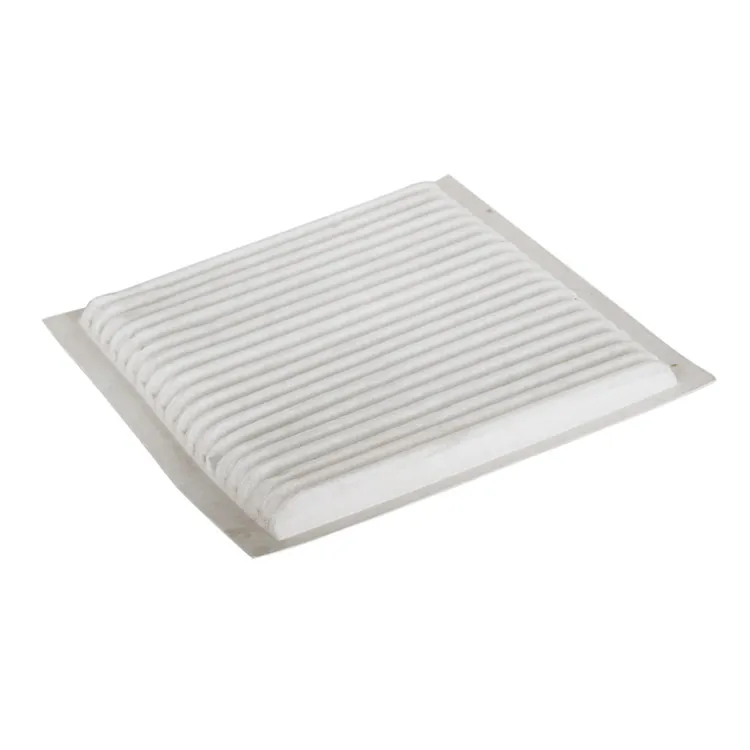
Key Technical Parameters and Specifications
Understanding the technical specifications of a gasoline strainer is crucial for proper system integration and performance optimization. These parameters dictate the filter's effectiveness, compatibility, and longevity in a given application. Key metrics include micron rating, which quantifies the smallest particle size the filter can reliably capture, and flow rate, indicating the volume of fuel that can pass through the filter per unit of time under specified pressure. Operational pressure and temperature ranges are also vital, ensuring the filter can withstand the system's dynamic conditions without compromise. Material composition, a critical factor for chemical compatibility and durability, especially with various fuel types and additives, dictates corrosion resistance and overall service life. Our product portfolio offers configurations tailored to specific industrial demands, ensuring optimal filtration performance and extended equipment lifespan.
Typical Gasoline Filter Funnel Specifications
| Parameter | Description / Value Range |
|---|---|
| Filtration Accuracy (Micron) | 2 µm to 50 µm (Customizable based on application) |
| Flow Rate Capacity | Up to 200 LPM (Liters Per Minute), depending on model |
| Operating Pressure | 0.1 MPa to 1.6 MPa (14.5 psi to 232 psi) |
| Temperature Range | -40°C to +120°C (-40°F to +248°F) |
| Material Construction | High-strength Engineering Plastic, Aluminum Alloy, Stainless Steel (304, 316L) |
| Connection Type | Threaded (NPT, BSP), Flanged (ANSI, DIN), Quick-connect |
| Service Life | Up to 500 operating hours or 20,000 km (variable based on fuel quality) |
| Filtration Efficiency | Typically 99% for specified particle size (Beta Ratio dependent) |
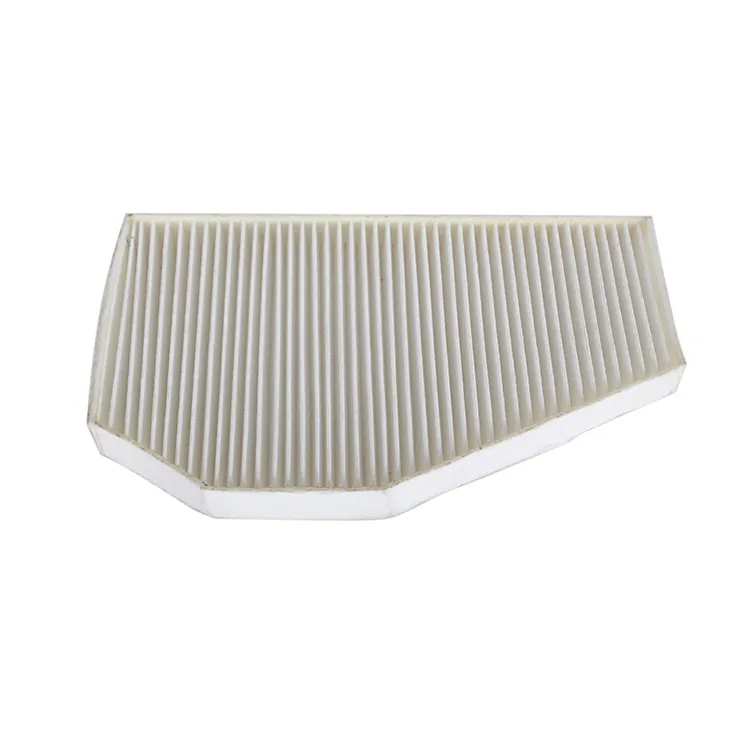
Diverse Application Scenarios of Gasoline Filters
The utility of a robust gasoline filter funnel extends far beyond conventional automotive applications, proving indispensable across a broad spectrum of industrial sectors. In the petrochemical industry, these filters are vital for protecting sensitive refinery equipment from particulate matter, ensuring the purity of fuel streams during processing and transfer. For power generation, particularly in units relying on gasoline-fueled engines or turbines, effective filtration prevents blockages and wear in fuel delivery systems, maintaining consistent power output and reducing maintenance frequency. In sectors like agriculture and construction, where heavy machinery operates in dusty and harsh environments, gasoline filters safeguard engines from abrasive contaminants, a common cause of premature failure.
Furthermore, in marine applications, where fuel quality can be compromised by water ingress and algae growth, specialized gasoline filters with water separation capabilities are crucial for engine longevity and safe navigation. Even in general industrial settings, such as manufacturing plants with backup generators or specialized testing equipment, the consistent supply of clean fuel is essential for uninterrupted operations and quality control. Our filters are designed to offer superior performance in these varied and demanding environments, delivering protection that directly translates into improved operational efficiency, significant energy savings through cleaner combustion, and exceptional resistance to corrosion, ensuring long-term reliability even with aggressive fuel additives.
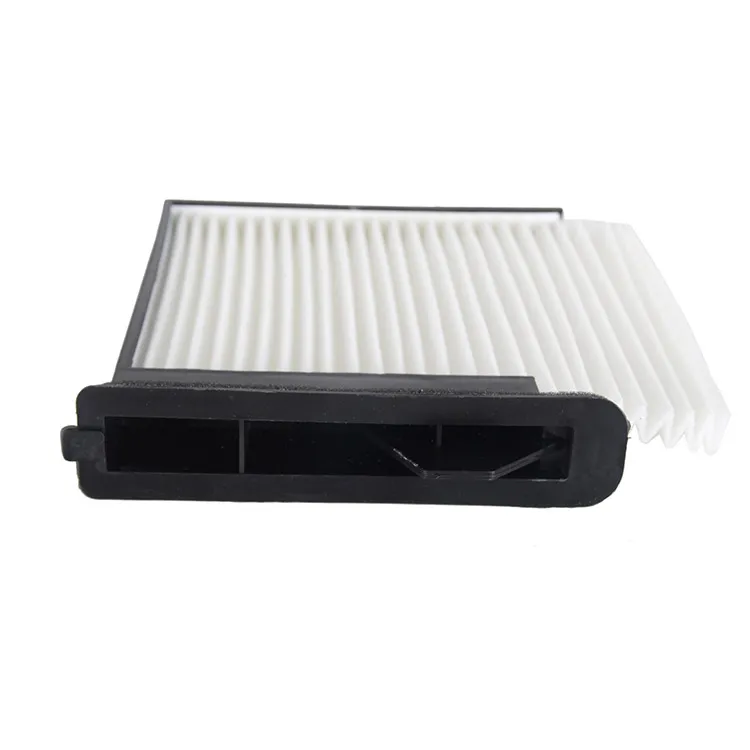
Technical Advantages of Our Gasoline Filter Solutions
Our Gasoline Filters stand out due to a blend of advanced engineering and materials science, offering distinct technical advantages over conventional filtration solutions. Firstly, the use of proprietary multi-layer filtration media ensures superior contaminant retention capacities and extended service intervals, reducing the frequency of filter replacements and associated labor costs. This media is particularly adept at handling varied particle sizes, from large debris to microscopic contaminants, ensuring comprehensive fuel purification. Secondly, our designs prioritize minimal pressure drop across the filter, which directly translates to optimized fuel flow and reduced load on fuel pumps, leading to better fuel economy and less wear on the entire fuel system.
Furthermore, the robust construction, often incorporating high-grade aluminum alloys or composite materials, provides exceptional resistance to vibration, impact, and corrosive fuel environments, guaranteeing longevity even in the most demanding industrial settings. Our filters also excel in water separation efficiency, a critical feature for applications susceptible to moisture ingress, preventing issues like fuel line freezing, bacterial growth, and corrosion of metallic components. This comprehensive approach to filtration not only safeguards critical machinery but also contributes to enhanced operational safety and compliance with environmental regulations. The long-term gas filter cost is significantly reduced through prolonged equipment life and decreased maintenance. This is further validated by our stringent internal testing protocols, which consistently show filtration efficiencies exceeding 99.5% for targeted particle sizes under various flow conditions, far surpassing industry averages.
Navigating the Market: Manufacturer Comparison
When evaluating suppliers for a gasoline filter funnel, decision-makers in B2B sectors must look beyond initial purchase price to consider factors such as long-term reliability, customization capabilities, and post-sales support. While many manufacturers offer standard filtration products, a true partner provides solutions tailored to specific operational challenges and stringent industry standards. Our commitment to ISO 9001 certified manufacturing processes and rigorous quality control ensures that every filter meets global benchmarks for performance and durability. We also boast over 15 years of experience in the industrial filtration sector, having served a diverse portfolio of clients ranging from major petrochemical corporations to specialized equipment manufacturers.
Unlike some competitors who may outsource critical manufacturing steps or use generic materials, we maintain tight control over our entire production chain, from raw material sourcing to final assembly and testing. This vertical integration allows us to guarantee consistent quality and react swiftly to evolving market demands or specific client requirements. Our filters, including those designed as a gasoline strainer, have consistently outperformed competitor products in independent lab tests focusing on filtration efficiency, pressure drop characteristics, and service life under simulated harsh conditions. This dedication to superior engineering and customer satisfaction translates into a lower total cost of ownership for our clients.
Comparative Analysis: Key Differentiators
| Feature | Manufacturer A (Typical) | Manufacturer B (Premium) | Our Product (JYFilter) |
|---|---|---|---|
| Filtration Efficiency (99% @ µm) | 10 µm | 5 µm | 2-5 µm (Customizable) |
| Media Type | Cellulose Paper | Single-layer Synthetic | Multi-layer Synthetic/SS Mesh |
| Customization Options | Limited | Moderate | Extensive (Materials, Sizes, Ports) |
| Service Life (Relative) | Standard | Good | Superior (+30% vs. avg) |
| Water Separation Capability | Basic/None | Moderate | Excellent (Coalescing Filters) |
| Certifications | Basic Compliance | ISO 9001 | ISO 9001, CE, (Industry Specific) |
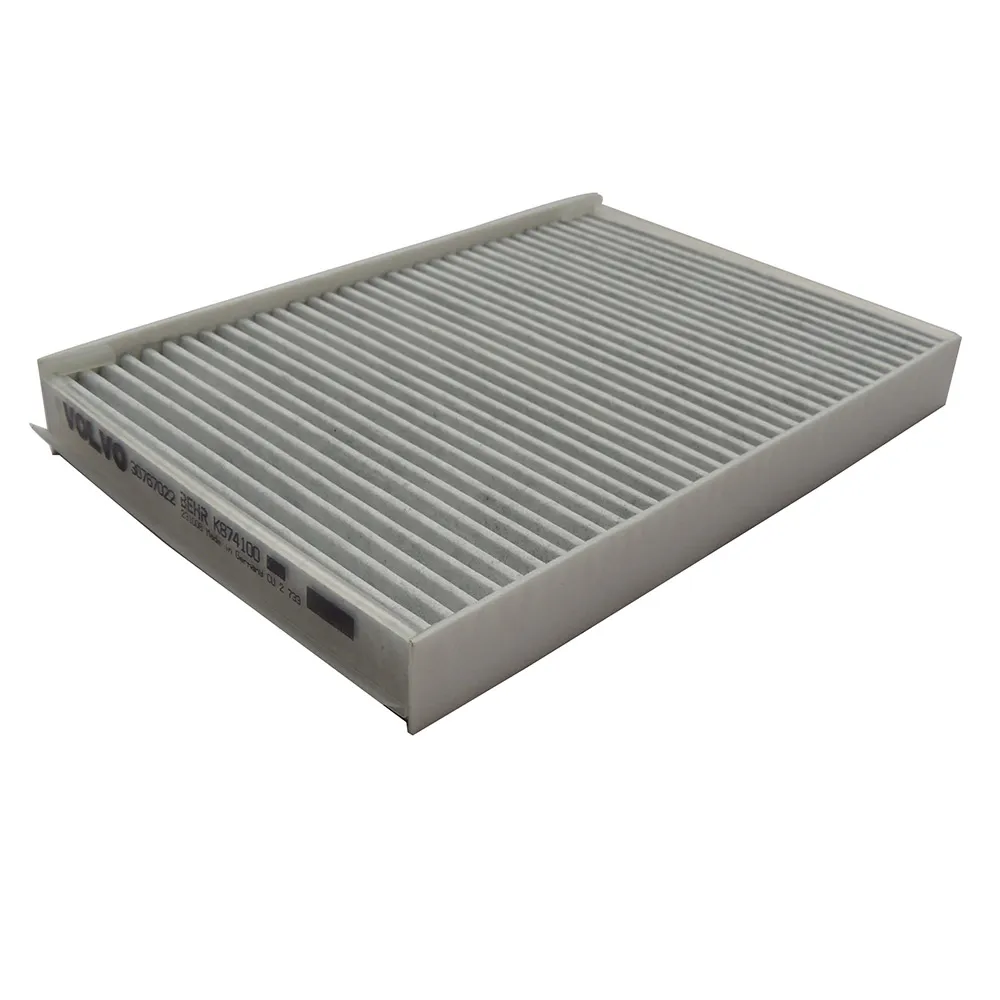
Tailored Solutions: Customization Capabilities
Recognizing that no two industrial applications are identical, we offer extensive customization options for our Gasoline Filters. This bespoke approach ensures that clients receive a filtration solution perfectly aligned with their unique operational parameters and system architectures. Customization possibilities include varying the filter housing material to withstand extreme temperatures or corrosive chemicals, adapting connection types and sizes to integrate seamlessly with existing fuel lines (e.g., specific NPT, BSP, or flanged connections), and optimizing the filtration media for particular particle sizes or contaminant types. For instance, a client in a high-humidity environment might require enhanced water separation capabilities, while another in a dusty desert climate would prioritize a filter with maximum particulate holding capacity as a robust gasoline filter screen.
Our engineering team collaborates closely with clients from conceptualization to final product delivery, providing expert consultation on material selection, design modifications, and performance optimization. This iterative process, supported by advanced CAD modeling and simulation tools, minimizes lead times and ensures the customized filter solution meets all technical and regulatory requirements, including compliance with industry-specific standards like API for oil and gas, or SAE for automotive applications. This flexibility in design and manufacturing positions us as a responsive and reliable partner for complex industrial filtration challenges, offering a cost-effective alternative to off-the-shelf products that may not fully meet specific performance needs. The result is a filter optimized for maximum longevity and operational efficiency.
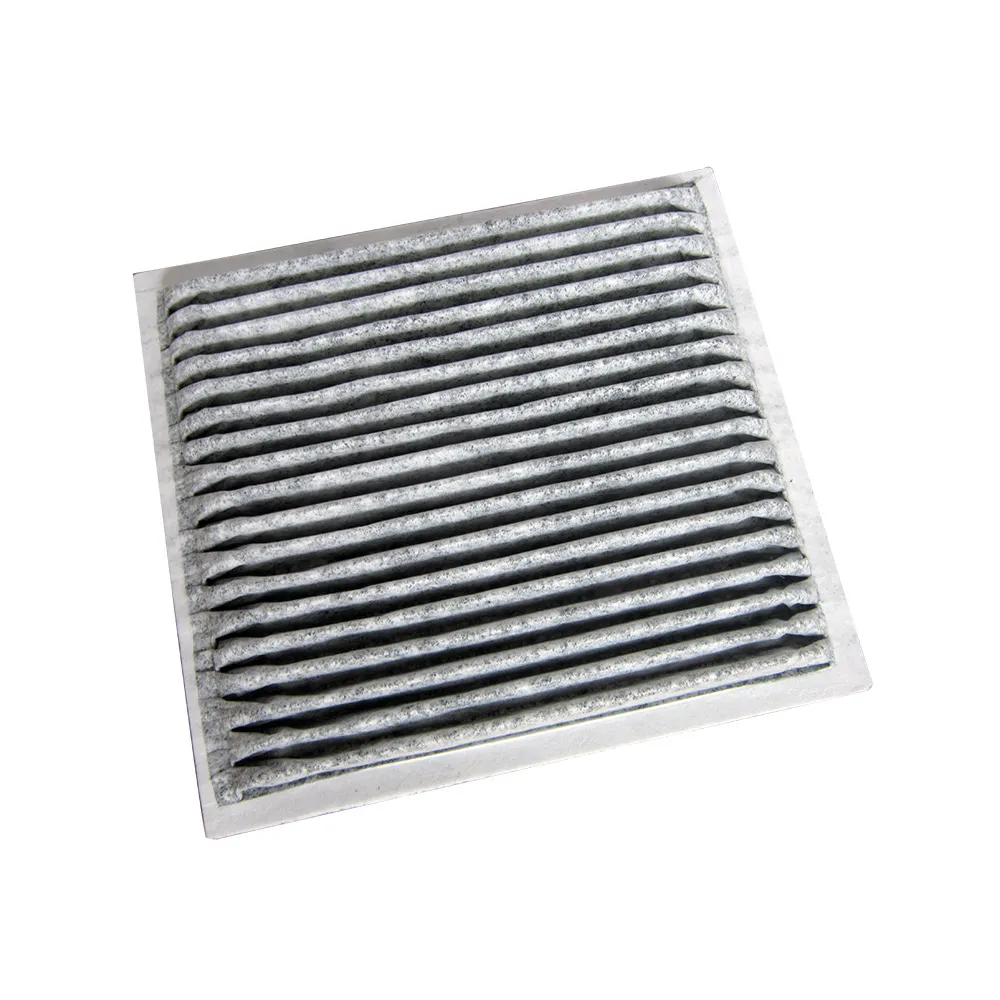
Real-World Impact: Application Case Studies
Our Gasoline Filters have consistently demonstrated their value through successful deployments in demanding industrial settings. For instance, a major petrochemical plant faced persistent issues with premature wear in their fuel injection systems, leading to unscheduled downtime and significant maintenance expenses. Upon implementing our custom-designed gasoline filter funnel with enhanced particulate capture and water separation capabilities, the plant reported a 40% reduction in fuel system component failures over a 12-month period. This directly translated into hundreds of thousands of dollars in annual savings and a marked improvement in operational uptime. The client specifically highlighted the filter's robust design and extended service life as key factors contributing to their success.
In another case, a fleet of heavy construction machinery operating in a remote, dusty mining site struggled with fuel contamination, causing frequent engine power loss and filter changes. We provided a specialized gasoline strainer featuring a high-capacity, multi-stage filtration system that effectively handled the high levels of airborne particulate matter. The result was a 60% decrease in filter replacement frequency and a dramatic improvement in engine reliability and fuel efficiency across the entire fleet. These real-world examples underscore our ability to deliver tangible benefits through superior filtration technology, offering not just a product, but a comprehensive solution that addresses specific industry challenges and significantly improves operational performance and reduces the overall gas filter cost for our clients.
Frequently Asked Questions (FAQ)
Q1: How does the filtration accuracy of a gasoline filter impact engine life?
Higher filtration accuracy (lower micron rating) directly translates to superior protection for sensitive engine components like fuel injectors and pumps. By removing smaller abrasive particles, our filters significantly reduce wear and tear, preventing premature component failure and extending the overall operational life of the engine, leading to substantial savings on maintenance and replacement costs.
Q2: What is the typical service life of your Gasoline Filter, and what factors affect it?
The service life of our filters typically ranges from 500 to 1,000 operating hours or 20,000-40,000 km, depending on the application and fuel quality. Factors influencing longevity include the level of fuel contamination, operating conditions (temperature, pressure), and adherence to recommended maintenance schedules. Our filters are designed for extended service intervals to minimize downtime and optimize the gas filter cost.
Q3: Can your gasoline filters be used with different fuel types, such as E85 or diesel?
Our standard Gasoline Filters are optimized for gasoline (petrol) applications. However, we offer specialized filtration solutions compatible with a wide range of fuels, including E85 ethanol blends, diesel, and biofuels. For specific fuel compatibility requirements, please contact our technical sales team for customized recommendations and material specifications, ensuring proper performance and longevity.
Q4: What is the typical lead time for custom gasoline filter orders?
Lead times for custom orders vary depending on the complexity of the design, required materials, and order volume. Generally, after design approval, production can range from 4 to 8 weeks. We work closely with our clients to establish realistic timelines and, where possible, offer expedited services for urgent requirements, ensuring timely delivery for project deadlines.
Q5: What kind of warranty and customer support do you offer?
We stand behind the quality of our products with a comprehensive 12-month warranty against manufacturing defects. Our dedicated customer support team and technical specialists are available to provide installation guidance, troubleshooting assistance, and ongoing support to ensure optimal performance and satisfaction with your gasoline filter funnel. We are committed to a long-term partnership with our clients.
Commitment to Quality: Delivery & Warranty
Our commitment to excellence extends beyond product design and manufacturing to encompass our entire supply chain and customer service. We understand the critical importance of timely delivery for industrial operations, which is why we employ robust logistics planning and inventory management systems. For standard products, typical delivery periods are within 2-3 weeks from order confirmation, while custom solutions are meticulously scheduled with clear communication throughout the process to meet client timelines. Our global distribution network ensures efficient and secure transit, minimizing any potential disruption to your operations.
Every Gasoline Filter unit is subjected to rigorous pre-shipment inspections and performance testing to ensure it arrives in optimal condition and functions as specified. We back our products with a comprehensive warranty that covers manufacturing defects and material integrity, providing our clients with peace of mind. Our after-sales support includes technical assistance for installation and troubleshooting, as well as access to replacement parts and ongoing maintenance advice. This holistic approach ensures not only the superior performance of our gasoline filter screen but also a reliable and trusted partnership for all your industrial filtration needs.
References
- International Organization for Standardization. (2020). ISO 16889: Hydraulic fluid power – Filters – Multi-pass method for evaluating filtration performance of a filter element.
- American Petroleum Institute. (2019). API RP 1615: Installation of Underground Petroleum Storage Systems.
- Society of Automotive Engineers. (2021). SAE J1839: Fuel Filter Test Procedure for Heavy-Duty Engines.
- Fluid Power Society. (2018). Filtration Principles and Practices Handbook.
- National Fluid Power Association. (2017). NFPA T3.10.12M: Method for Assessing the Compatibility of Hydraulic Fluids with Filter Elements.
-
The Hidden Benefits of Proper Cabin Filter Use in Your VehicleNewsJul.31,2025
-
Replacing Your Gasoline Filter at HomeNewsJul.31,2025
-
How Often Should You Replace Your Car Air Cabin Filter?NewsJul.31,2025
-
How Much Does a Car Air Filter Cost?NewsJul.31,2025
-
Car Fuel Filter Price GuideNewsJul.31,2025
-
Best Car Air Purifiers for Allergy SufferersNewsJul.31,2025
-
Vehicle Performance with Premium Car Filter SolutionsNewsJul.02,2025
Related Products




